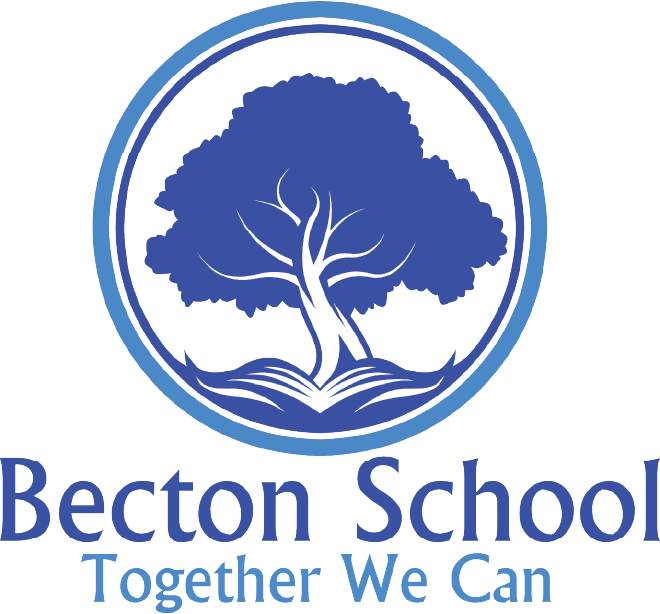11c
Typically, our Y11c pupils are offered 21 hours per week. Our aim for our Y11 pupils is to support them to complete appropriate qualifications and transition successfully to an appropriate Post-16 placement.
A sample timetable can be viewed below

Please note that the content offered to students may differ from the main plan below if specific gaps in learning are identified or if the students host school has previously covered this material. In these cases, bespoke plans may then be put in place.
English
Our aim at The Chapel is to engage students in learning that is representative of elements of learning in mainstream school while enabling students to gain confidence in their ability and potential.
The long-term plans are dictated largely by the demands of the Functional English course.
We want our students to learn to :
· Read a wide range of non-fiction and fiction texts with understanding and insight.
· Develop an appreciation of literature through the study of prose, poetry and drama texts.
· Write to suit various audiences, purposes and forms such as letters, speeches etc.
· Speak with increasing confidence and fluency for a variety of purposes and audiences.
We also expect our pupils in KS4 to bring a private reading book to school every day. There is a reading opportunity towards the end of one of their English lessons and there may be chances to read in form time or in other lessons when work is completed.
|
Autumn 1 |
Write a personal profile e.g. describing family background, educational achievements, work experience, aspirations Text types - · Descriptive language and features · Function of nouns and verbs within text · Discussions and analysis on features of descriptive text · Read and analyse examples of descriptive text · Write examples of descriptive text · Self/peer evaluation of descriptive features used |
|
Autumn 2 |
Persuasive Language and features · Function of nouns, verbs within text · Discussions and analysis on features of persuasive text. · Discussions and analysis on features of descriptive text · Read and analyse examples of persuasive text · Write examples of persuasive text – • Self/peer evaluation of persuasive features used |
|
Spring 1 |
Instructional and informative text type. Language and features · Function of nouns, verbs within text · Discussions and analysis on features of instructional text. · Discussions and analysis on features of informative text · Read and analyse examples of instructional and informative text · Write examples of Instructional and informative text type. · Self/peer evaluation of instructional and informative features used |
|
Spring 2 |
Speaking, listening and communication · Pair and group discussions, analysis and review of text features and functions · Self-evaluation of speaking and listening · Strengths and targets for development · Watching video and evaluating · S&L content Open and Closed questioning techniques · Non-verbal Communication techniques · Informal group discussions practicing · Techniques Listen for and identify key information · Use new/technical Vocabulary meaningfully in context · Listen for, responding to and identifying key information when speaking |
|
Summer 1 |
|
|
Summer 2 |
|
Maths
Our approach is to enhance pupils' enjoyment of maths by working to ensure they experience success. For pupils who have missed time in school or who have struggled to make progress, this may mean spending more time building up their knowledge of number facts and methods, with structured practice to help with long term retention. Pupils who are already more confident also spend time learning strategies to apply to problems and recognising when a particular strategy is required.
Although pupils join us at different points, we structure the school year to provide the possibility for progression and some clarity for pupils as to what to expect and what they might have missed.
Y11d students have the opportunity to follow Entry Level Maths pathways, with Level 1 Maths available for pupils able to progress that far. These groups work flexibly according to their previous experience, their ability to master number facts and methods and to establish long term retention.
|
Autumn 1 |
|
|
Autumn 2 |
|
|
Spring 1 |
|
|
Spring 2 |
|
|
Summer 1/2 |
Revision
|
WJEC Preparing for Working Life (PFWL)
Each term encompasses two modules.
Learning takes place at Whirlow Hall Farm and at Chapel House. Pupils aims to build skills that apply to working life in vocational contexts e.g. construction, landscaping, animal care.
Pupils have the opportunity to complete a WJEC Entry Level Award or Entry Level Certificate.
| Autumn 1 |
Animal Care
|
|---|---|
| Autumn 2 |
Animal Care
|
| Spring 1 |
Plant Care
|
| Spring 2 |
Plant Care
|
| Summer 1 |
- |
| Summer 2 | - |
Enrichment
Our enrichment sessions occur on a Thursday afternoon and pupils can choose from a variety of activities to suit their needs and interests. Activities change across the terms and examples of what we have offered so far this academic year can be seen below:
| Autumn 1 |
|
|---|---|
| Autumn 2 |
|
| Spring 1 |
|
